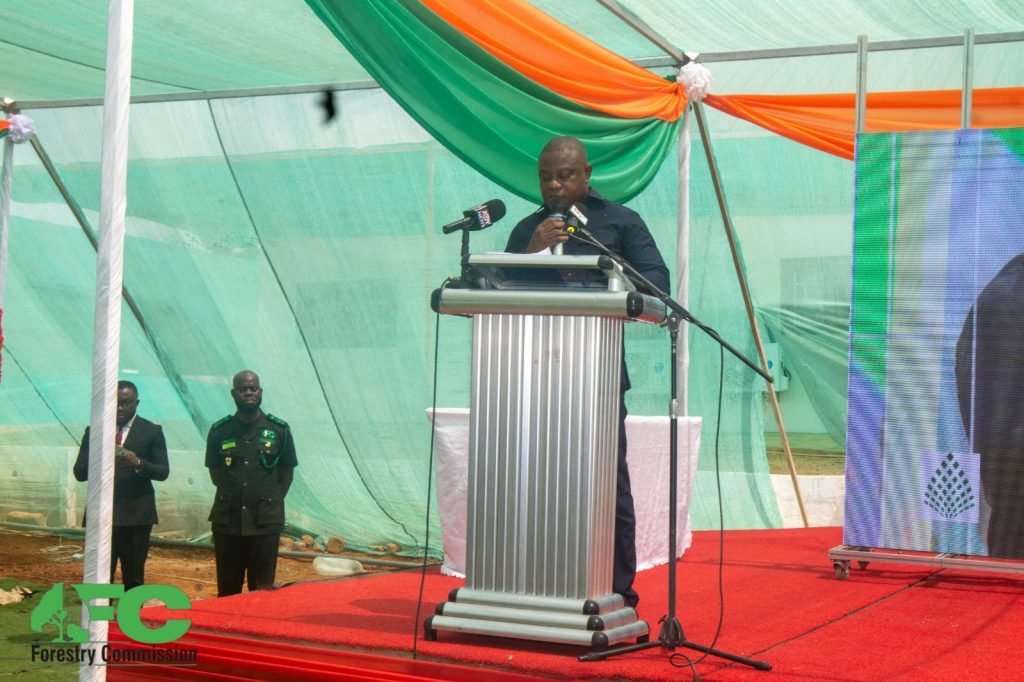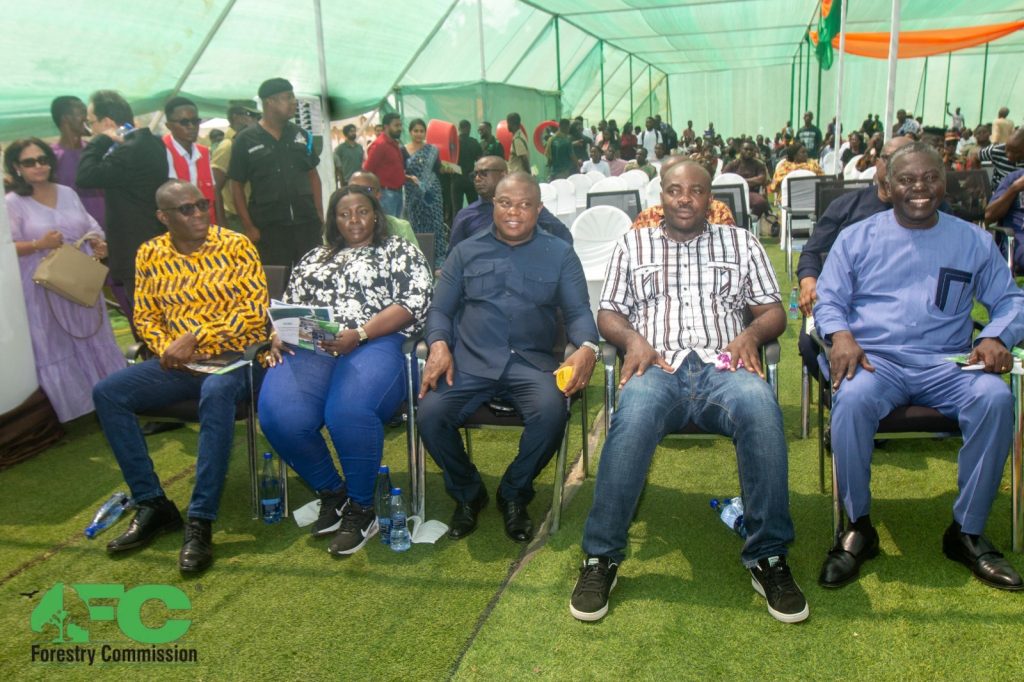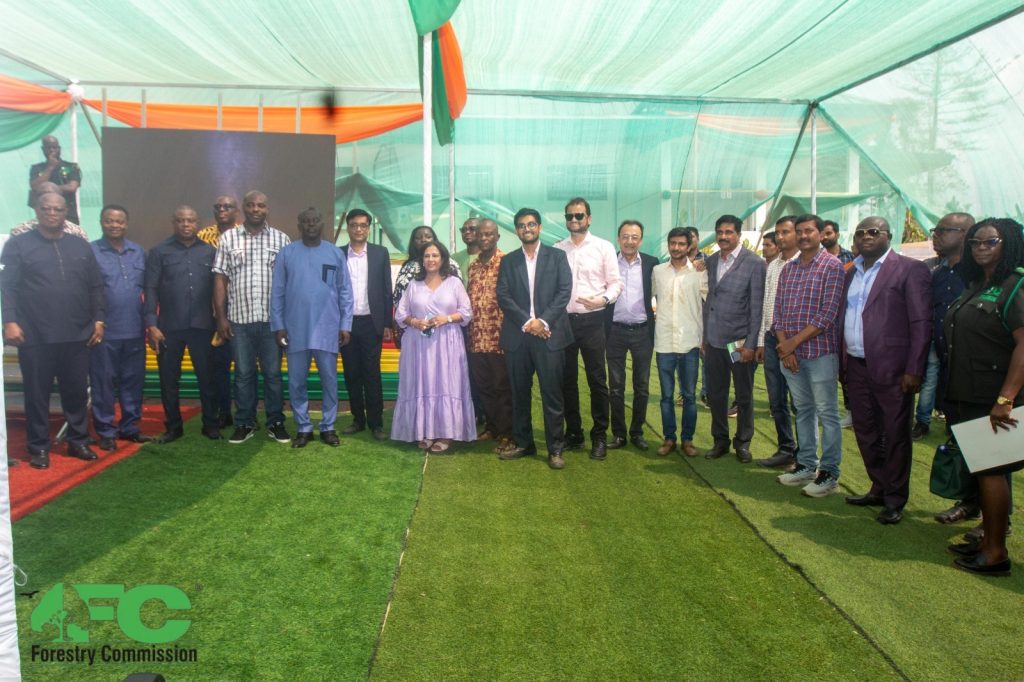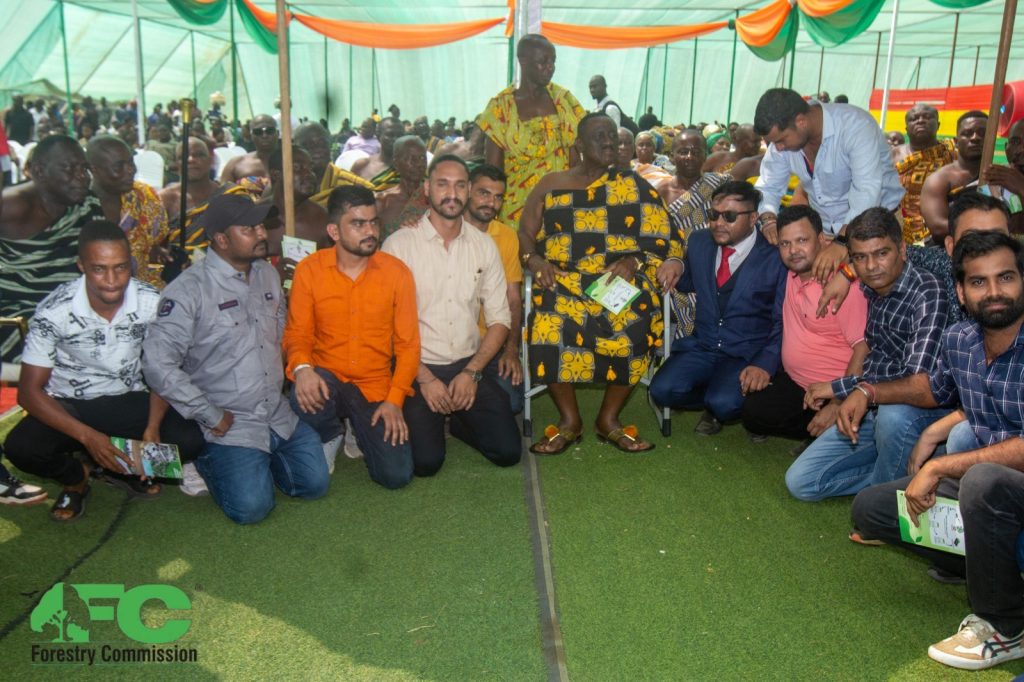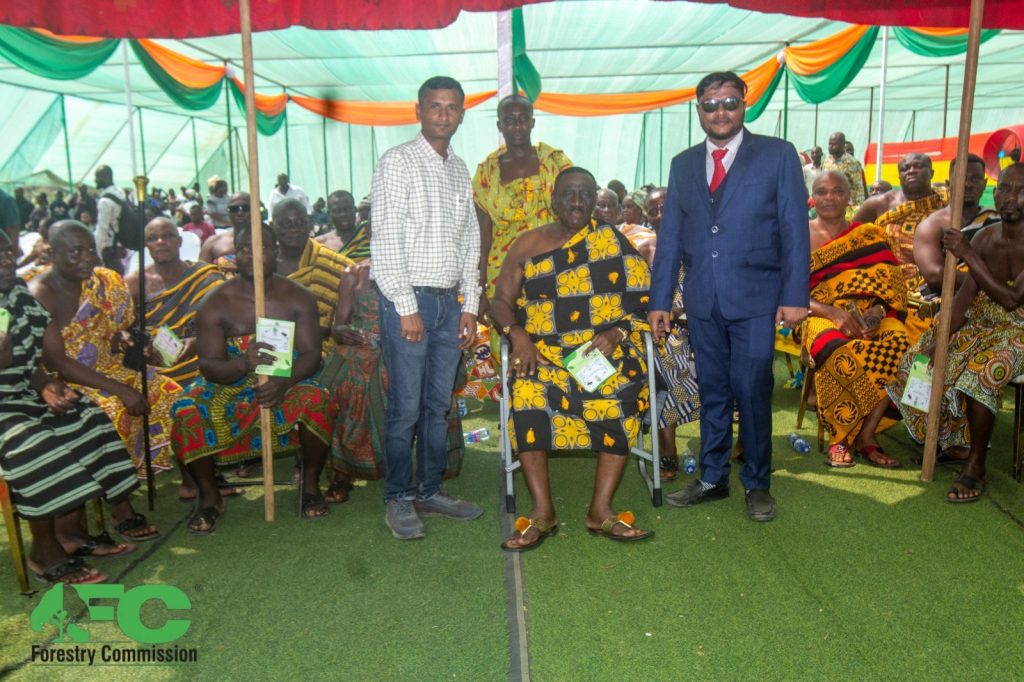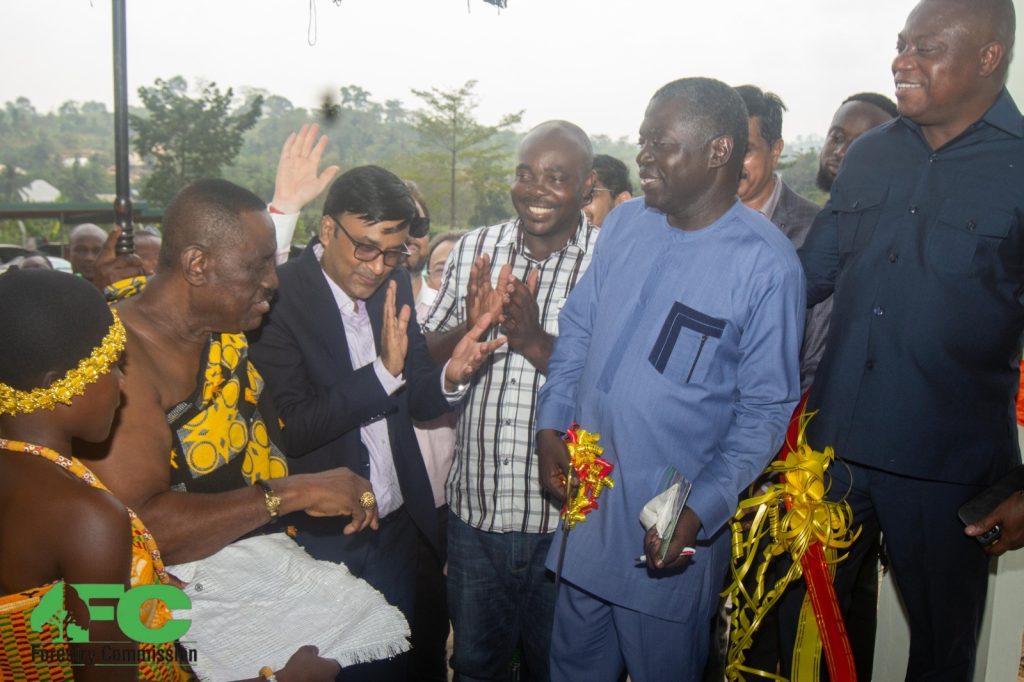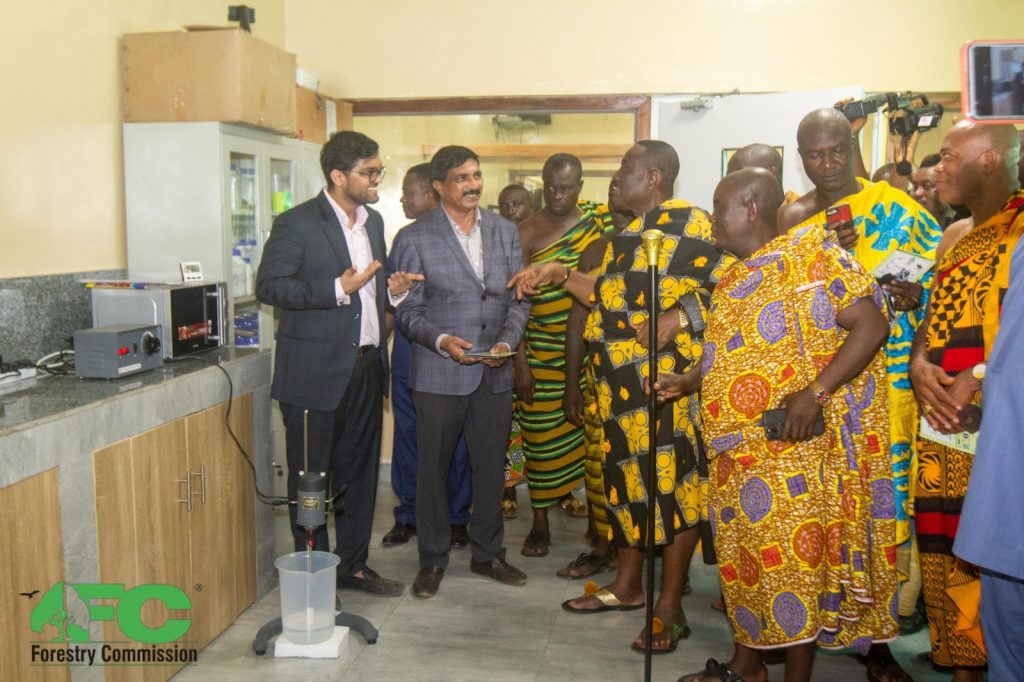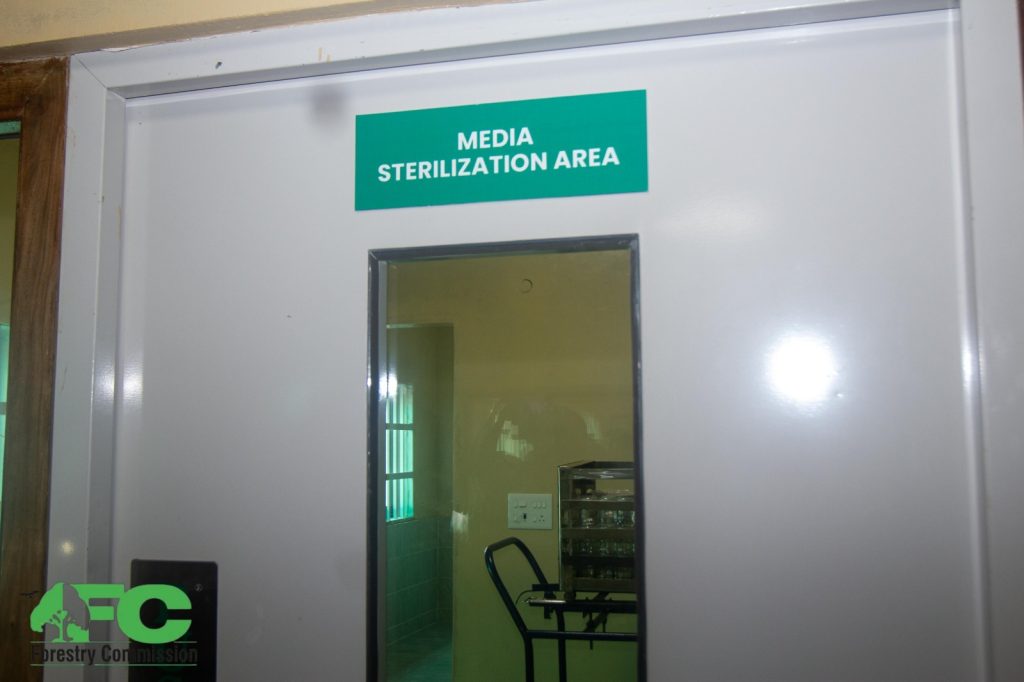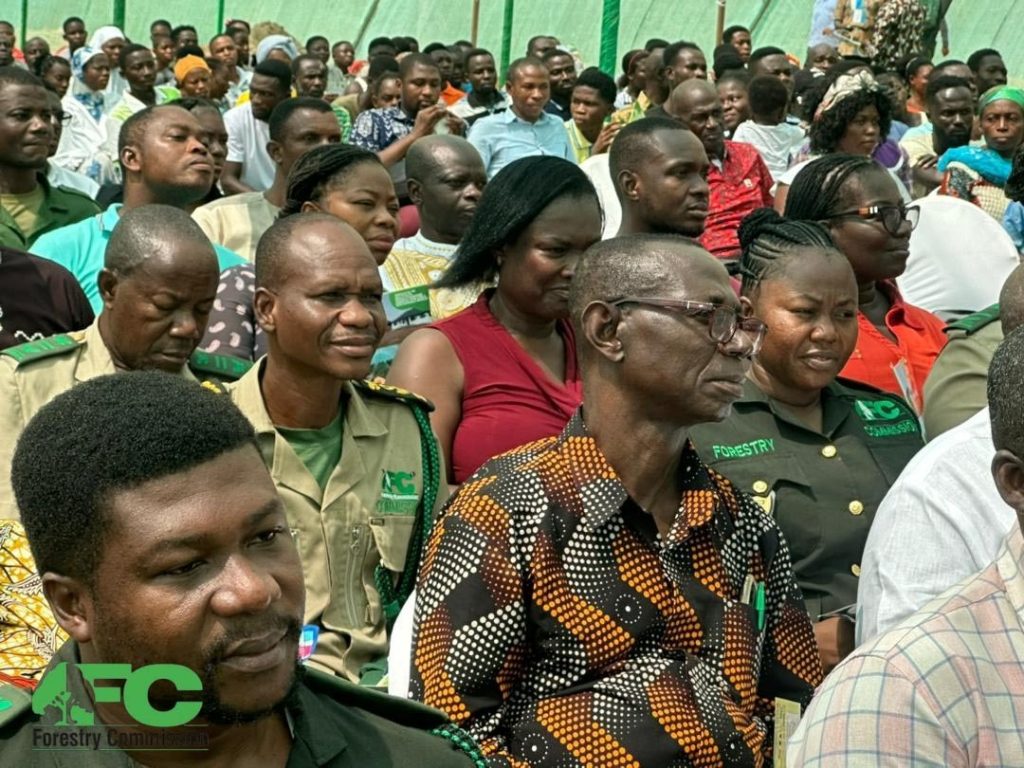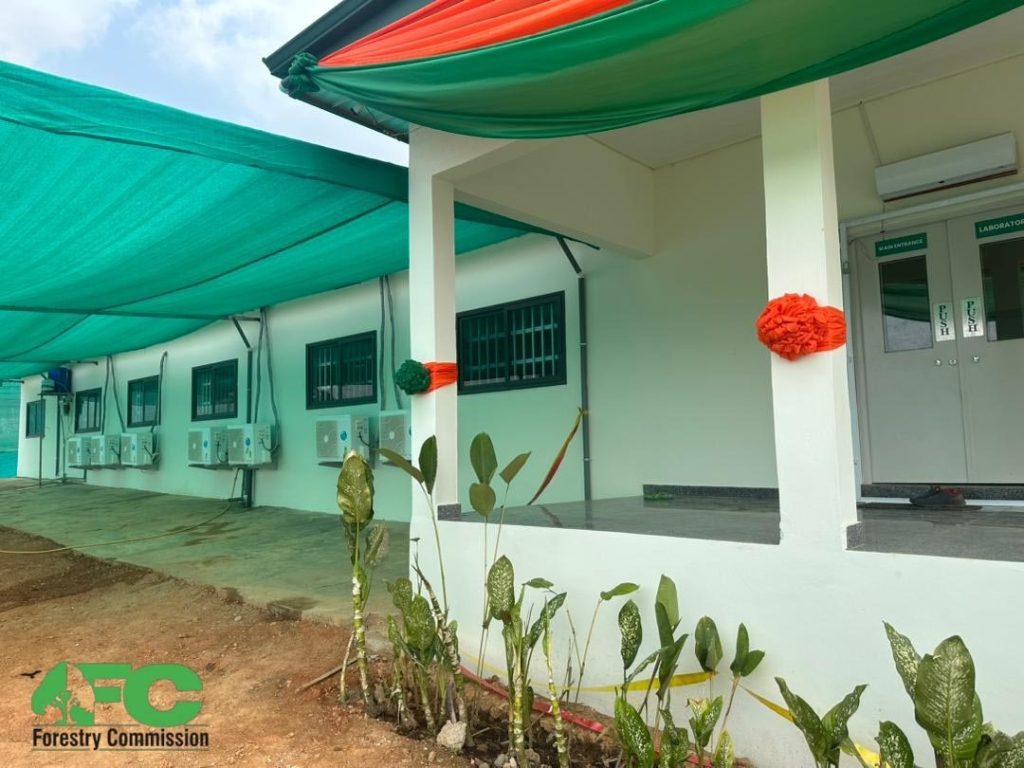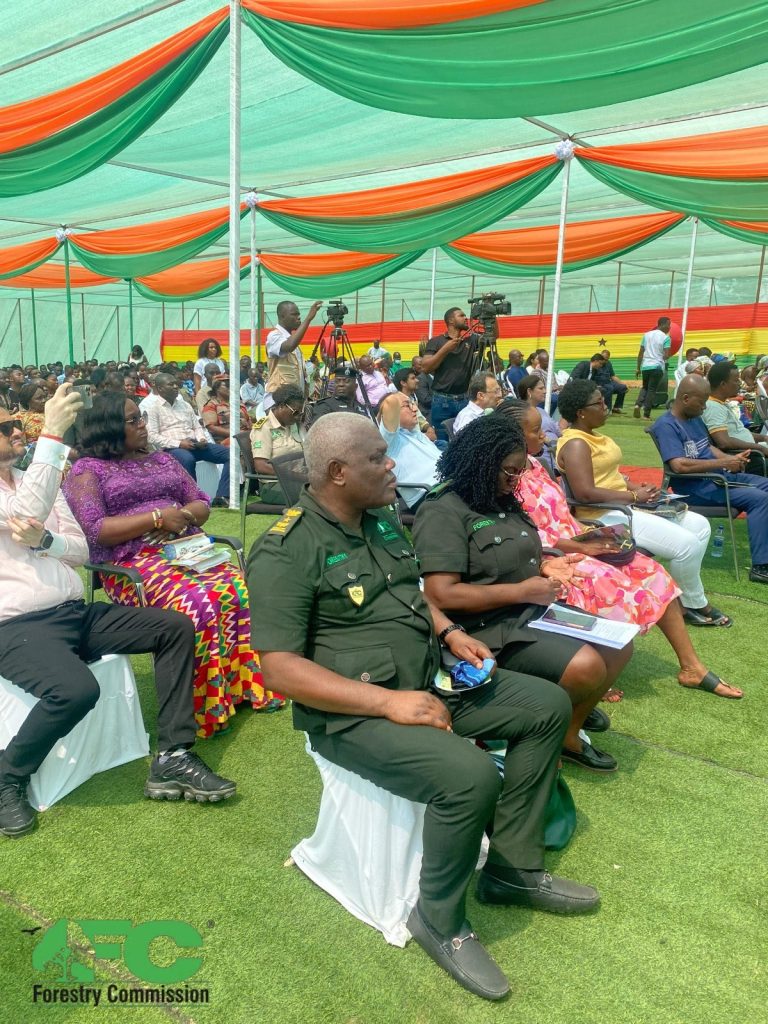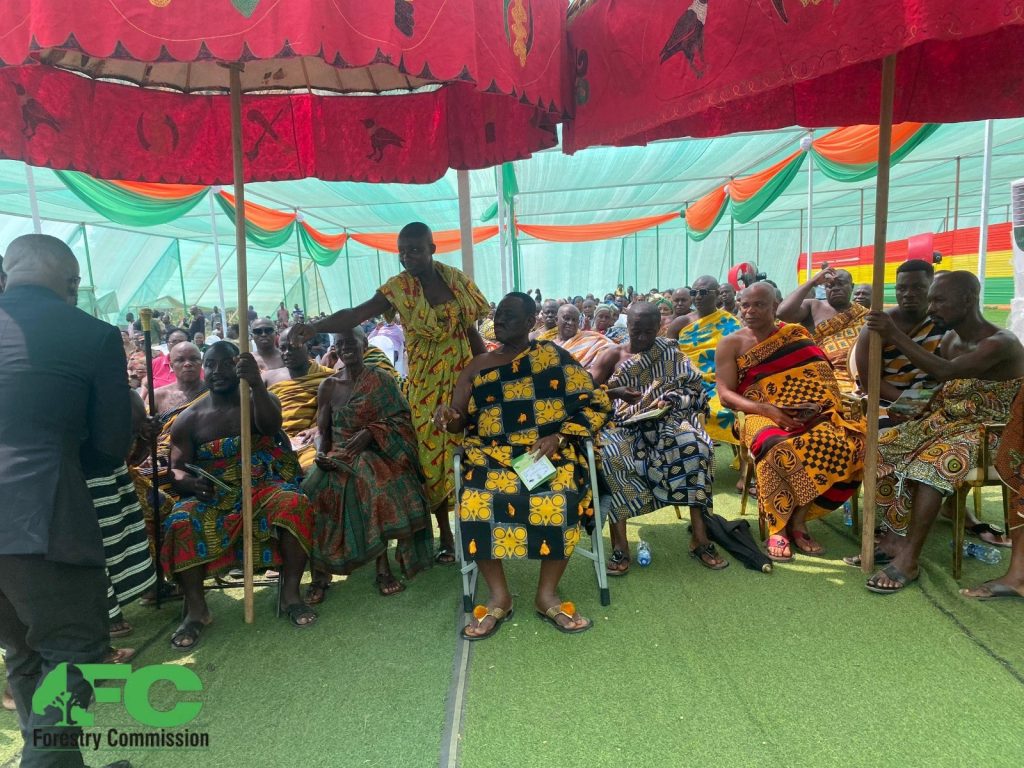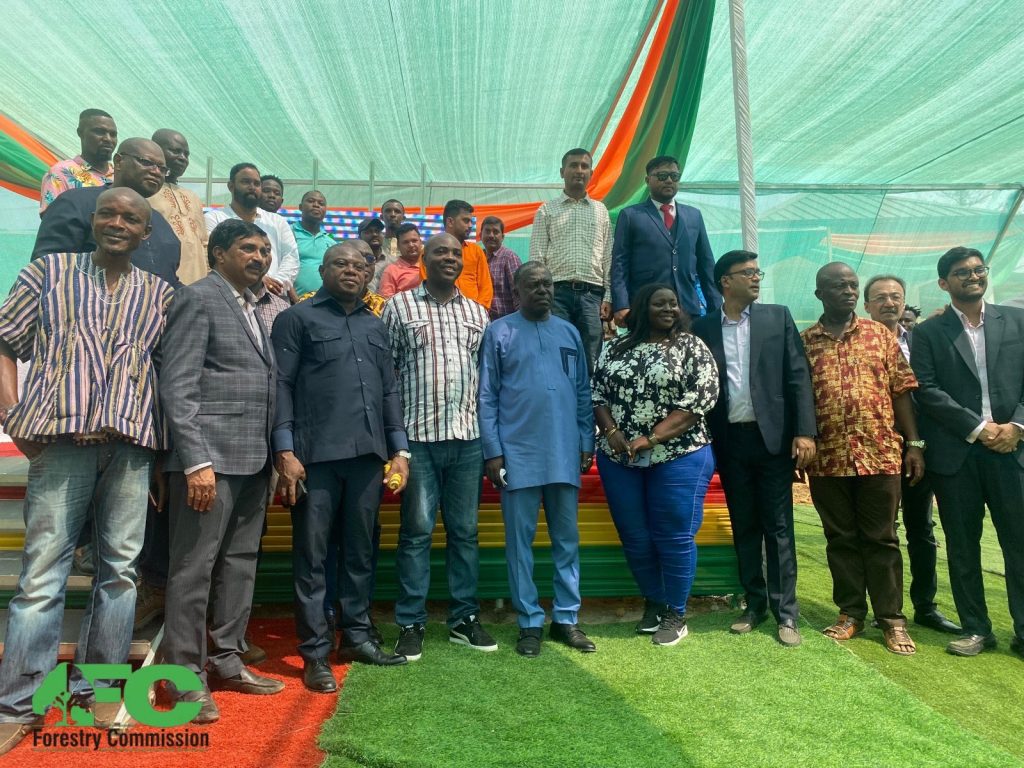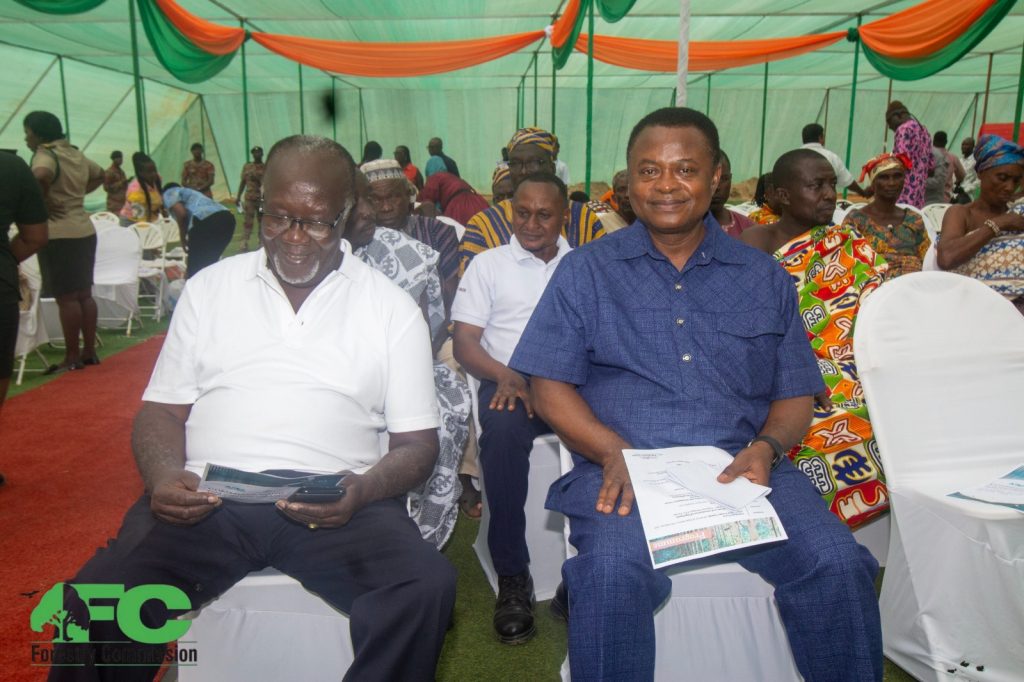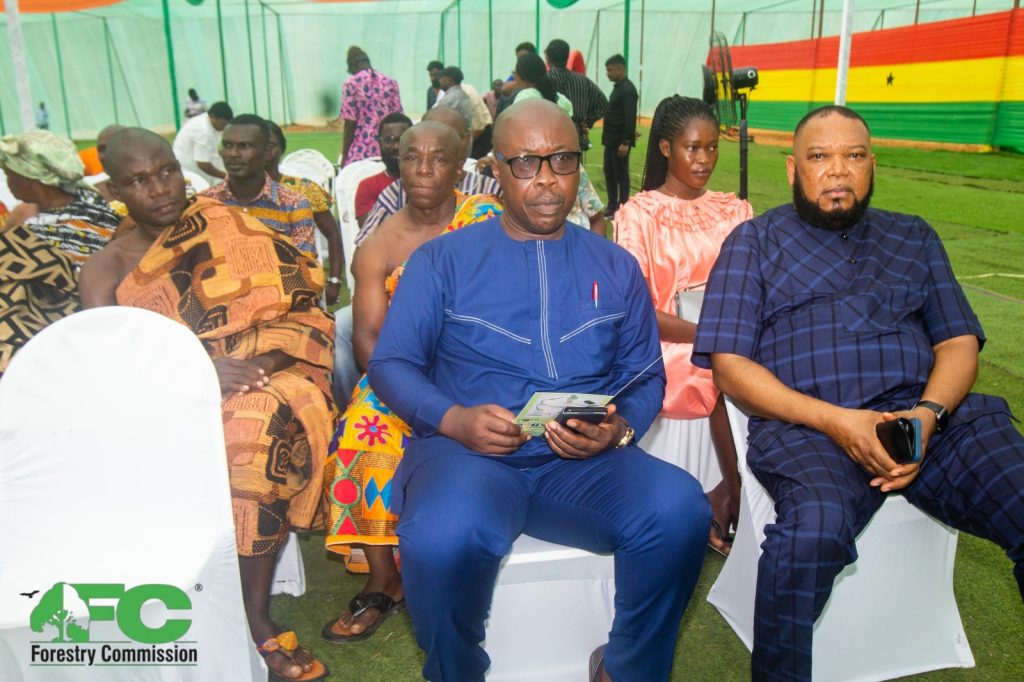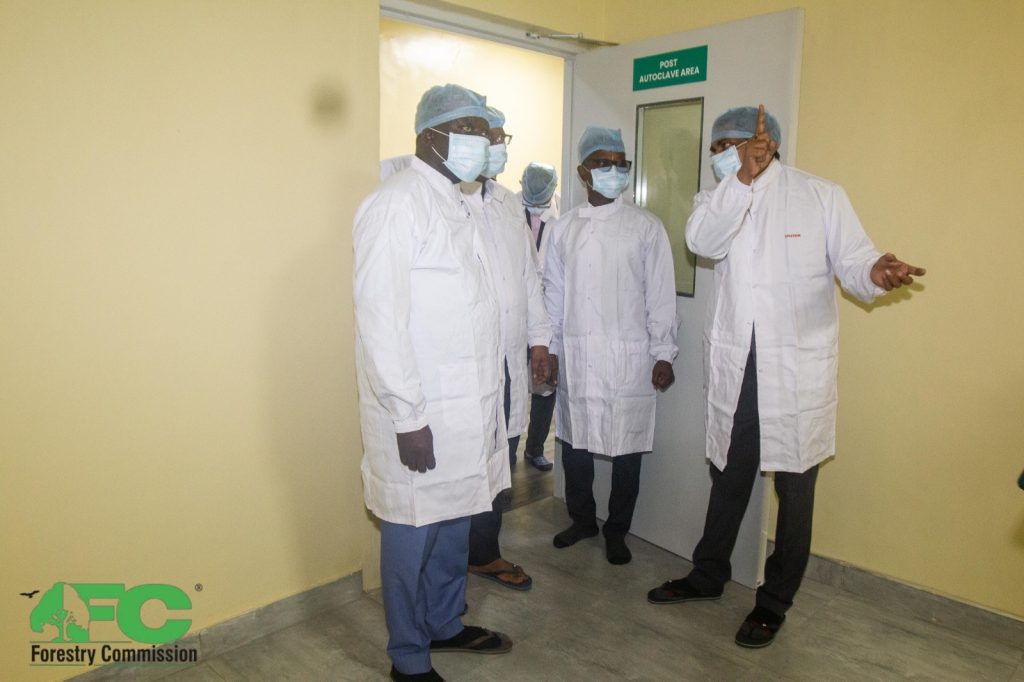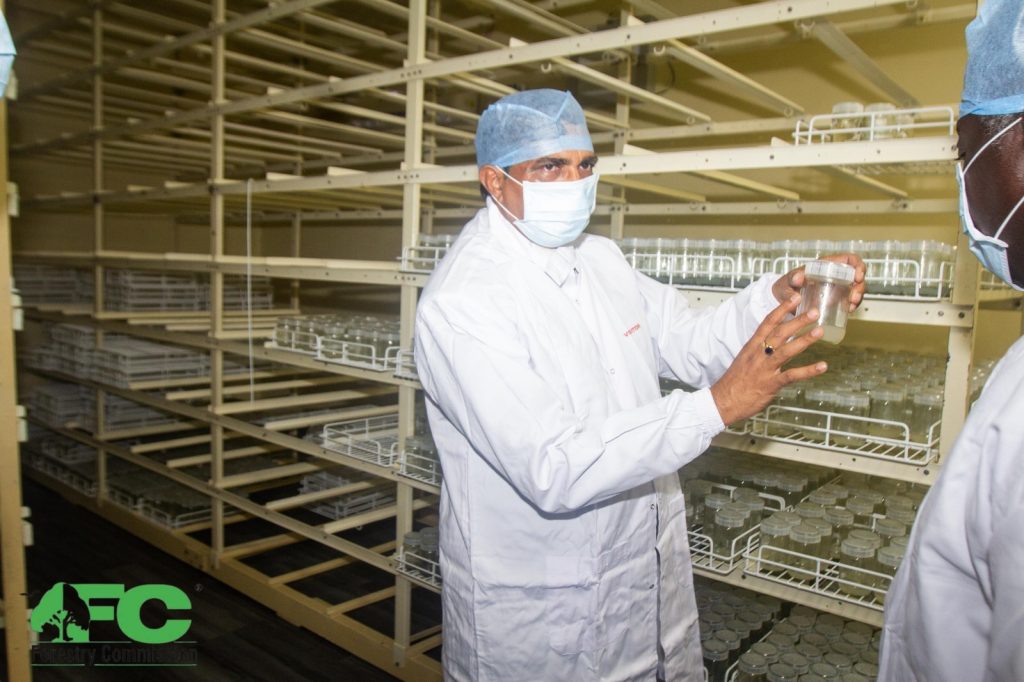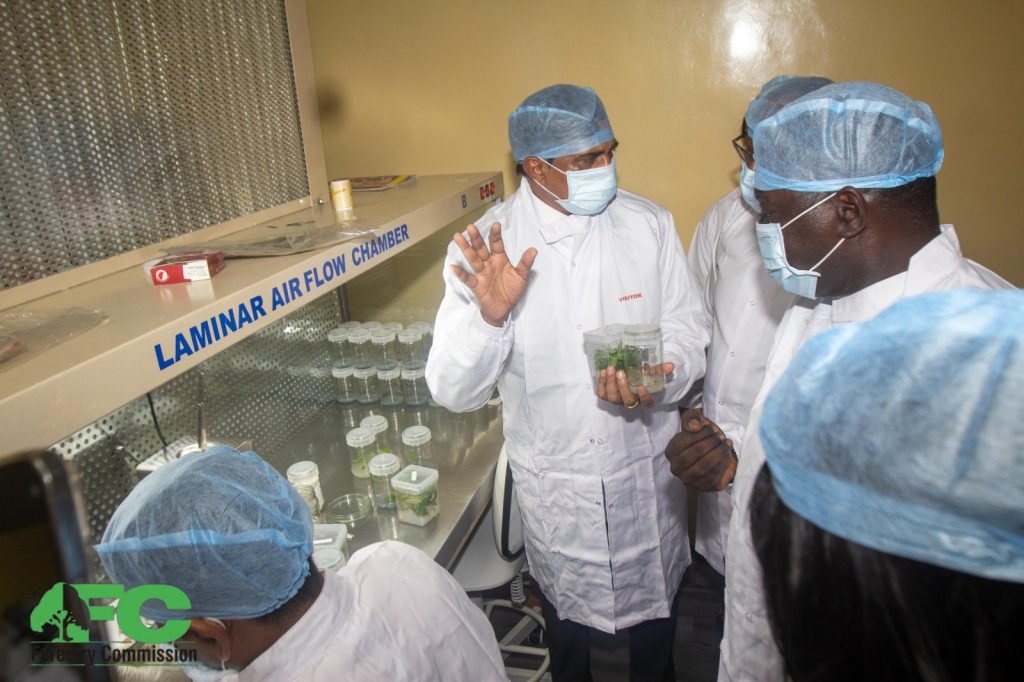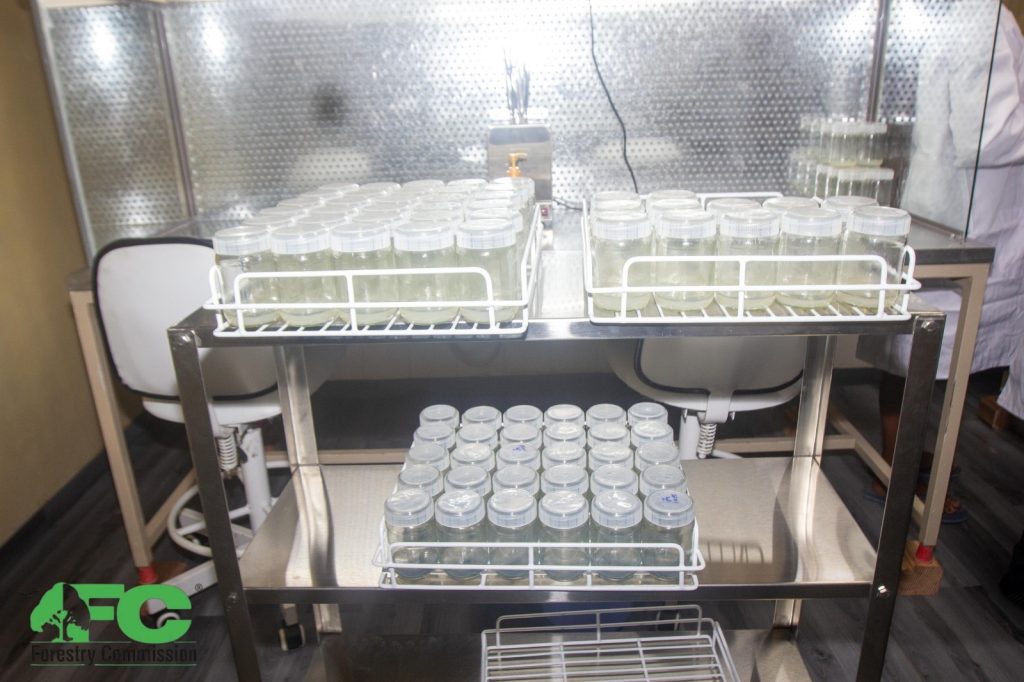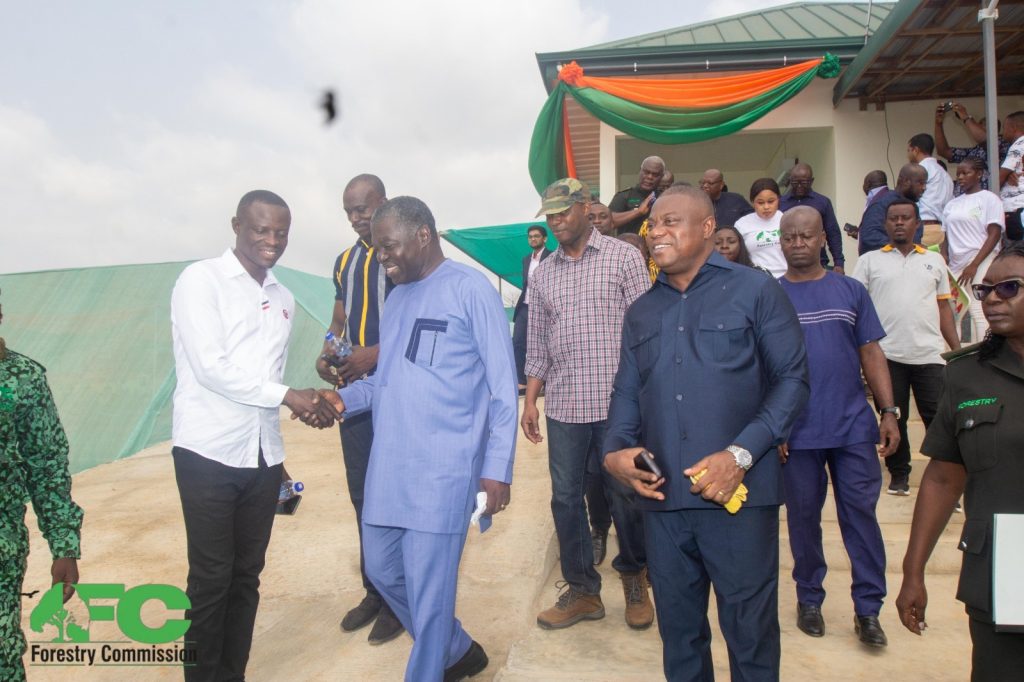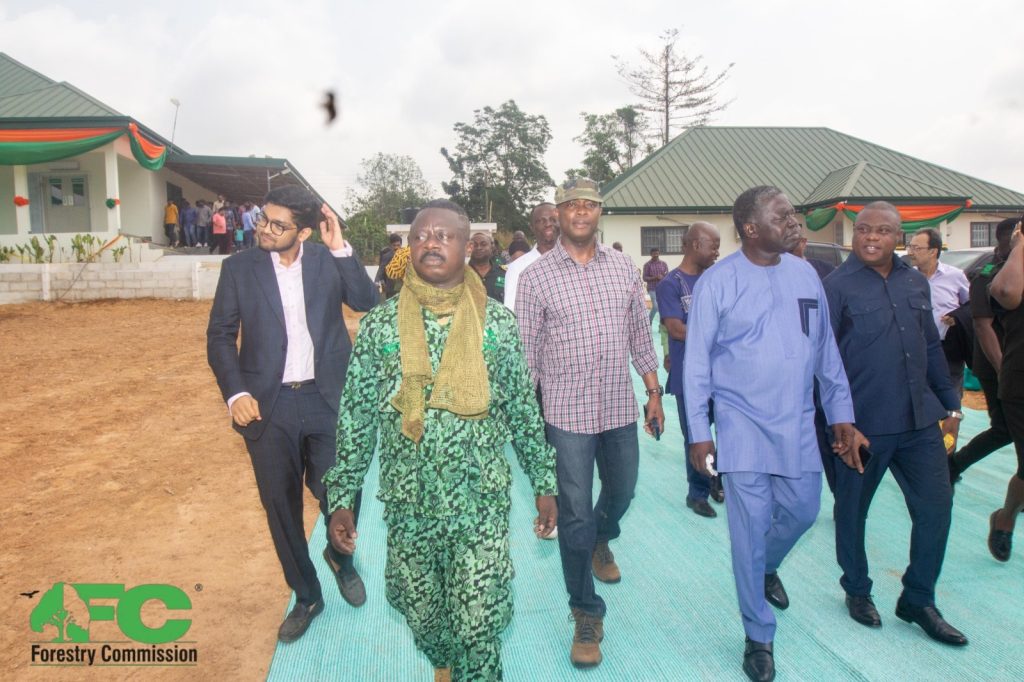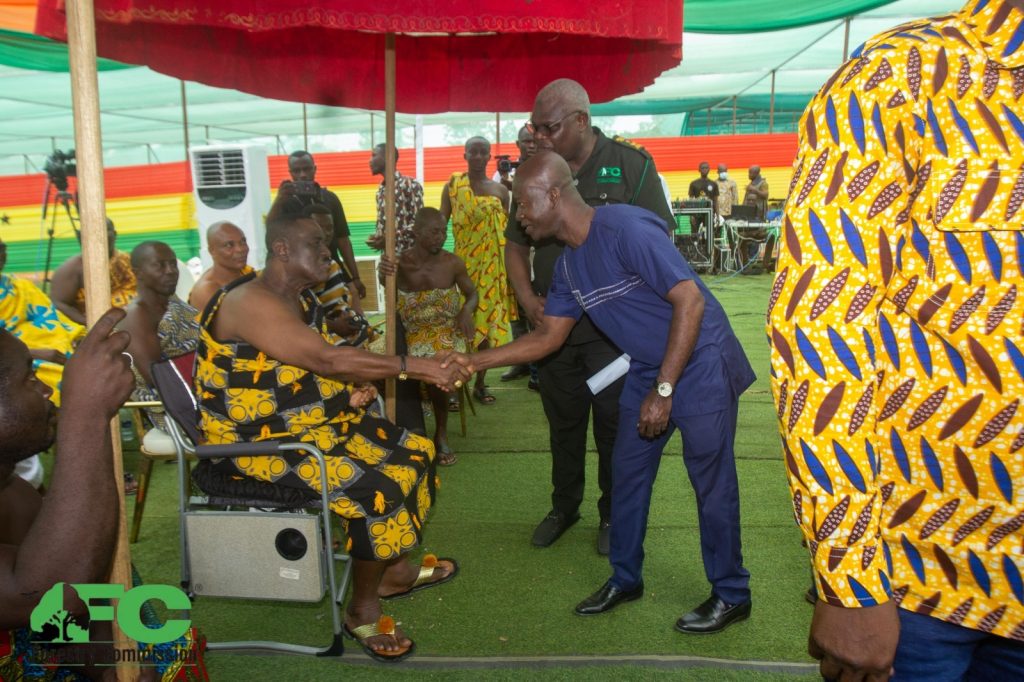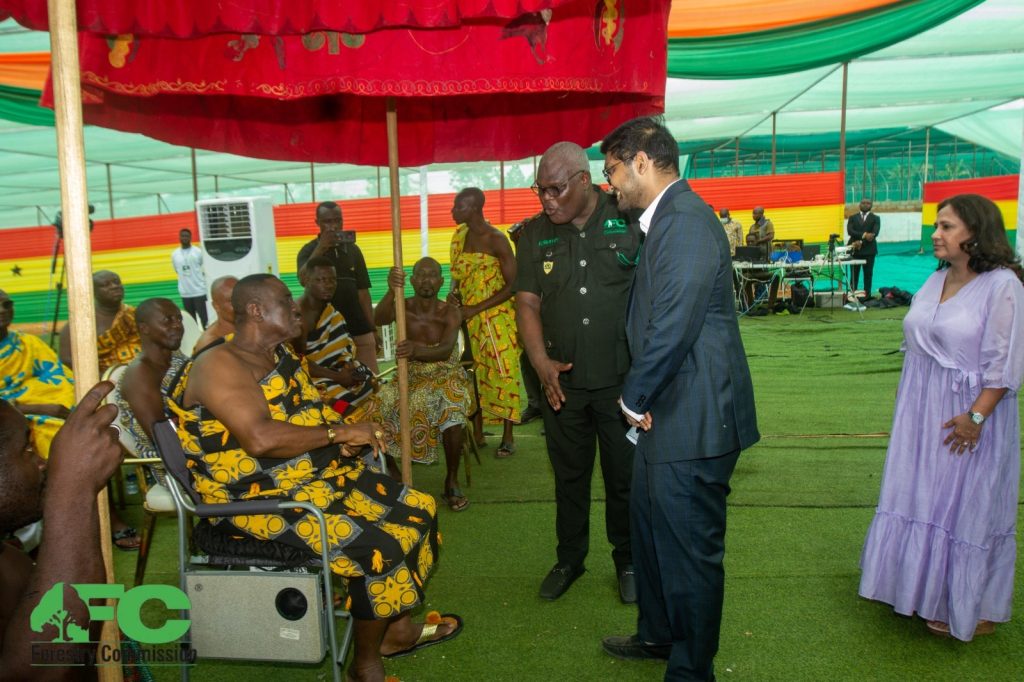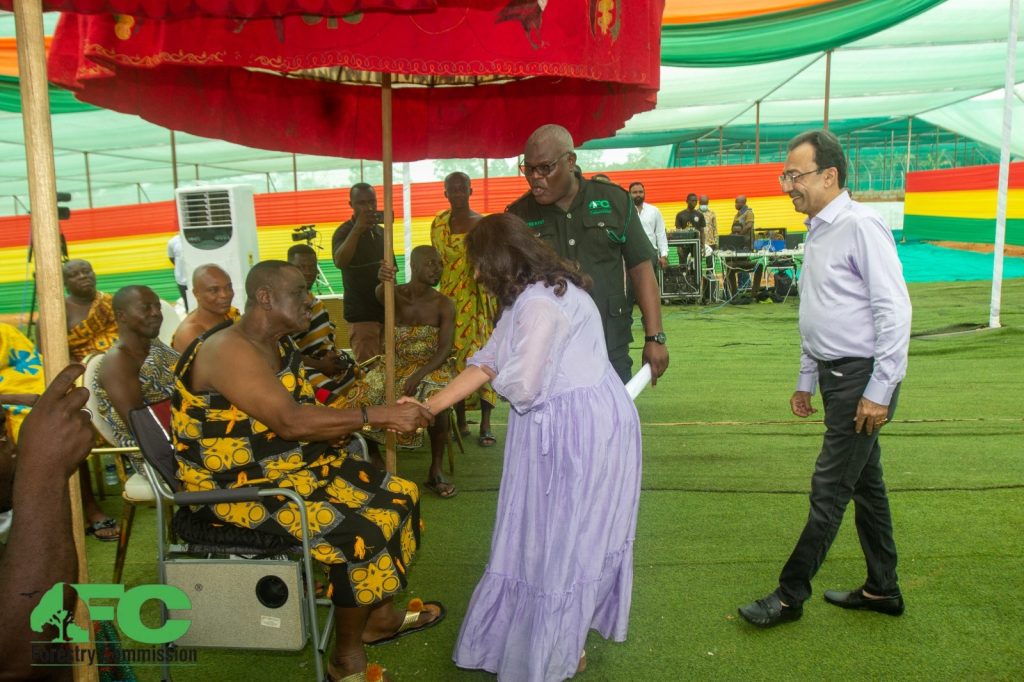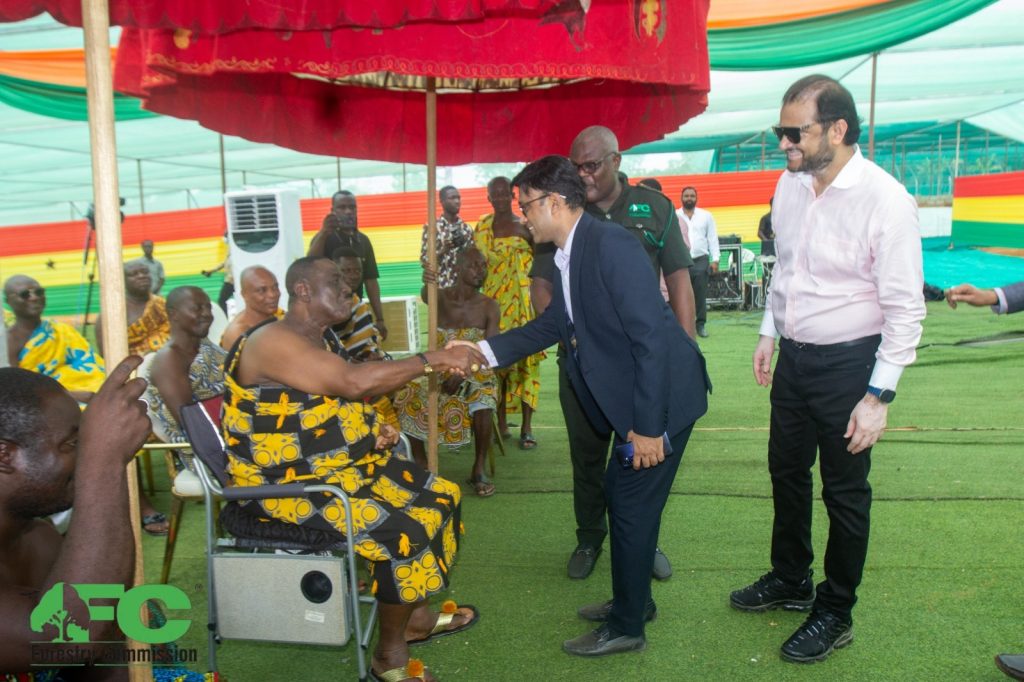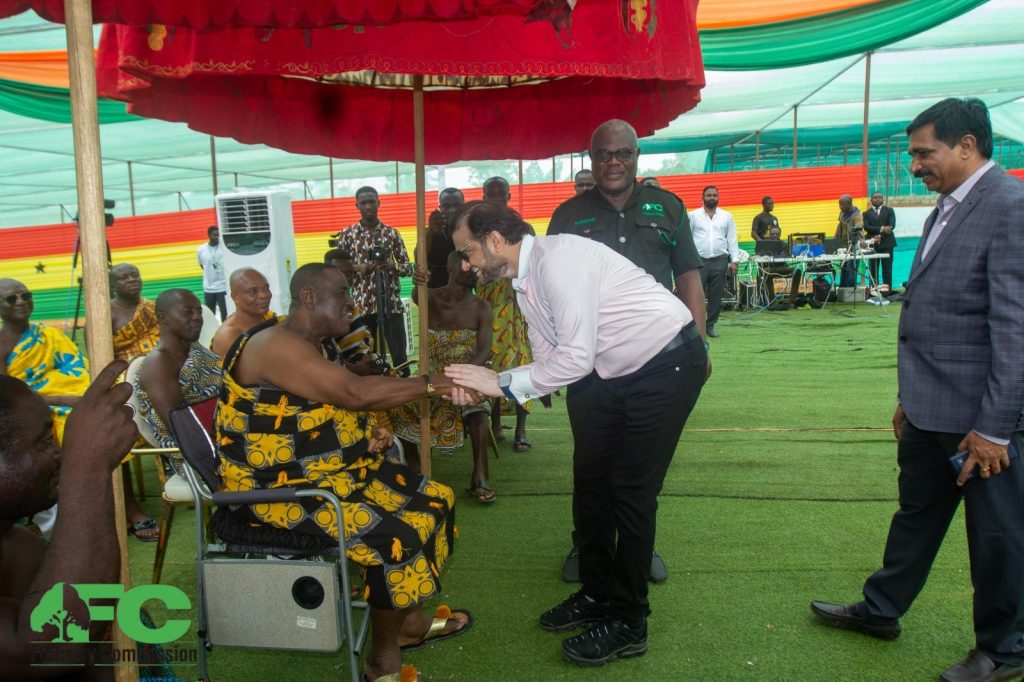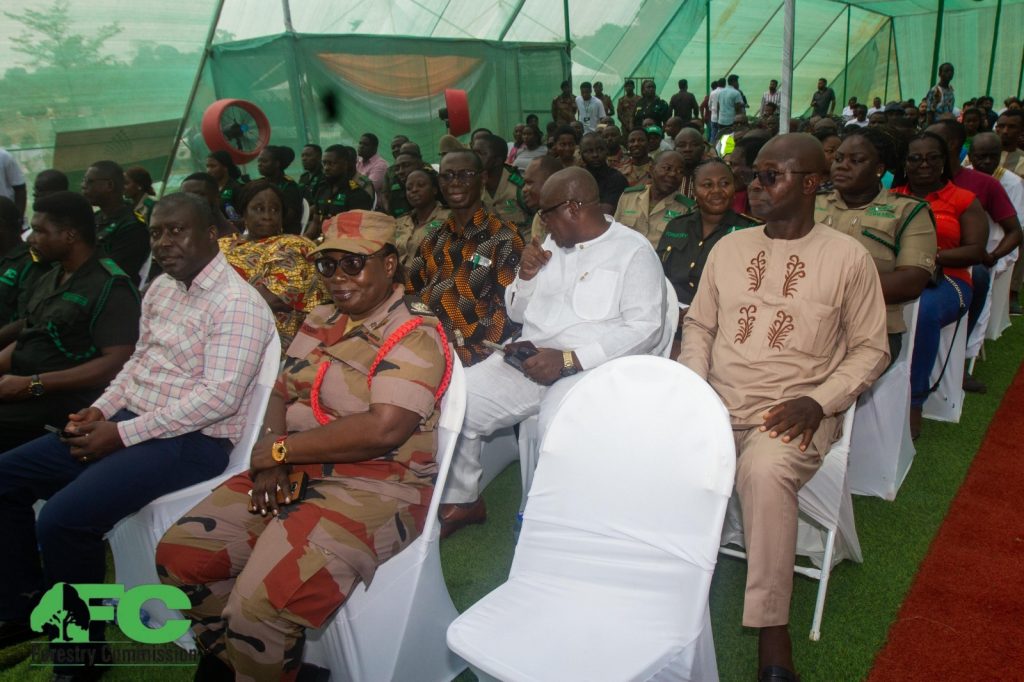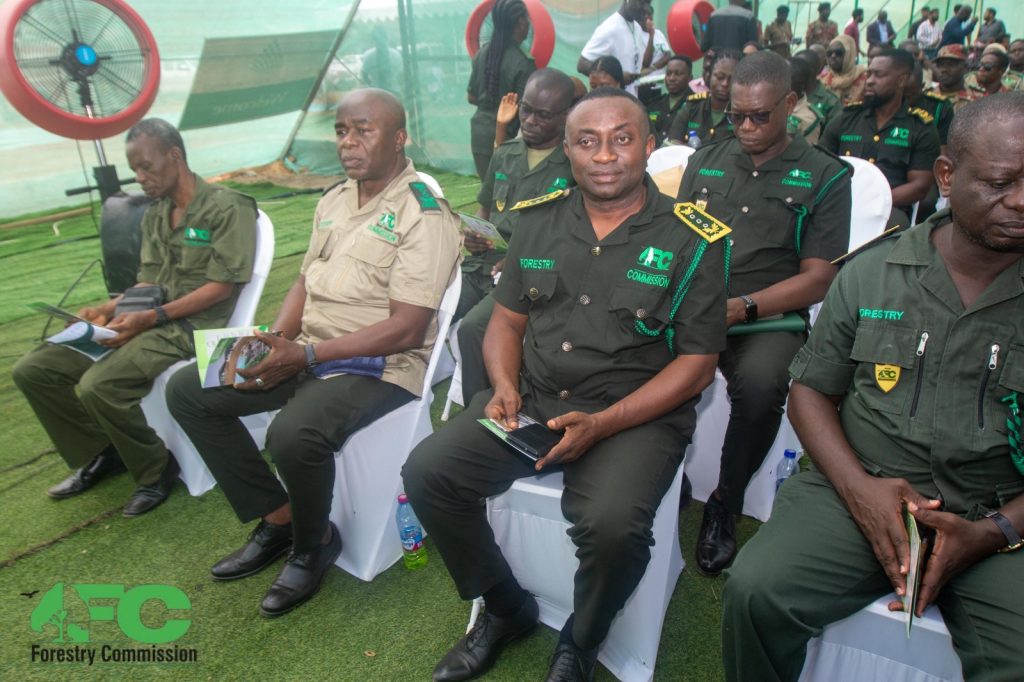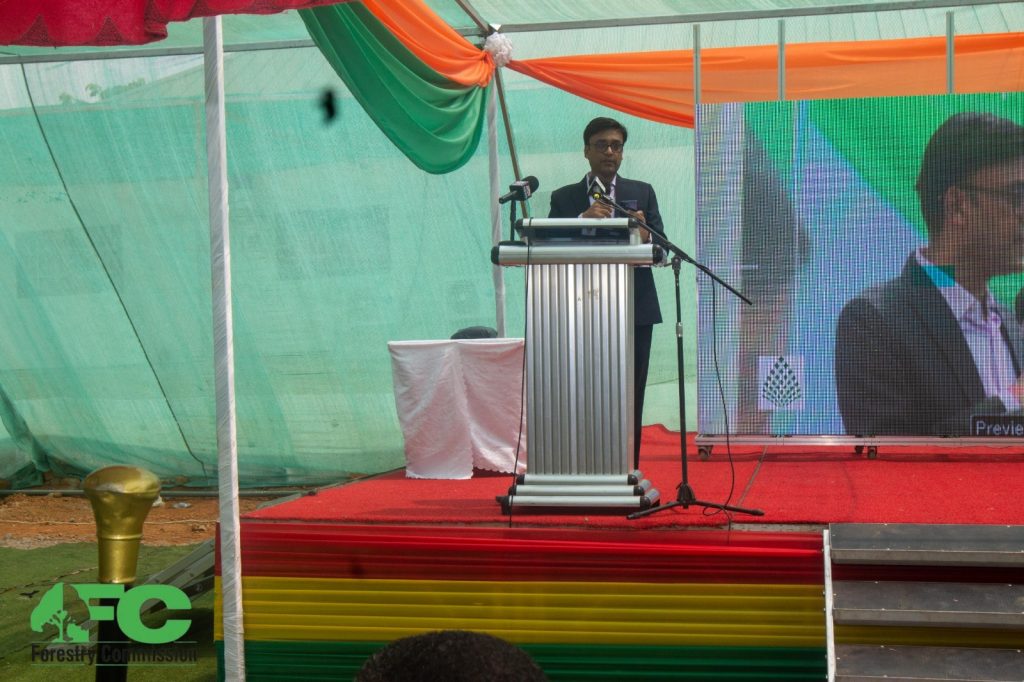Tissue culture involves the production of genetically identical plant progeny through the cloning of a vegetative tissue or organ of the parent plant on a nutrient medium containing growth regulators under sterile conditions.
Amangoase, a town in the Atwima Mponua District of the Ashanti Region witnessed the commissioning of a state–of–the–art facility last Tuesday. This development was engineered by Star Agro Forestry Ghana Limited, a commercial forest plantation developer. This Tissue Culture Laboratory is designed to bolster the agriculture and plantation industry in Ghana. The focus is to conduct in-depth research into high-demand crops to strategically meet the needs of the forestry and agriculture sectors.
Commissioning the Facility, the Deputy Minister of Lands and Natural Resources, in charge of Lands and Forestry, and the Member of Parliament for Atwima Nwabiagya North, Hon. Benito Owusu-Bio, gave an overview of the Government’s commitment to partnering with the private sector in forest restoration activities.
He mentioned that the benefits associated with environmental stewarding are countless, but mentioned of a few, such as the protection of watersheds, and the improvement of rural livelihoods aimed at combating climate change on a global scale.
He further reiterated that the Green Ghana Initiative has come to stay with Ghanaians, and called for all and sundry to continue to place prominence on it since it is a key Government restoration programme within the framework of the Ghana Forest Plantation Strategy. Giving the keynote address, Hon. Owusu-Bio, also touched on the public-private participation models in forest landscape restoration in Ghana, and looked at its successes, opportunities, challenges, and the way forward.
Mr. John Allotey, the Chief Executive of Forestry Commission, said tree seedlings to be produced from the Tissue Culture Laboratory, has the tendency of rapid multiplication of plant stock. He mentioned that micro-propagation results in plants more uniform in their superior quality than traditionally propagated plants. He congratulated the Managing Director(MD), and staff of Star Agro Forestry Limited for their foresight and vision in establishing the Laboratory. He also spoke on intervention programmes of the Forestry Commission aimed at land restoration, such as forest plantation development, enrichment planting, and farm-forestry (Trees-on-farm). He ended his submission by pledging the Commission’s support for the operations of Star Agro Forestry Limited .
Mr. Sanjay Poddar, the Managing Director of Star Agro Forestry Limited, also gave a detailed presentation on the matter. He said his outfit is indeed filled with immense gratitude as they embark on a ground breaking journey in bringing cutting -edge technology to the heart of Ghana’s forestry efforts. More importantly to the MD, was to uplift the countless farmers striving for better yields. The Laboratory will deal with species such as Teak, Gmelina, Eucalyptus, Bamboo, and staples like Cocoa, Cashews, Maize, Plantain, Bananas, and other species.
The ceremony was indeed classic, as the joy on the faces of all the dignitaries depicted, with Nananom leading the delegation alongside the Deputy Minister, Forestry Commission’s Chief Executive, MD of Star Agro Forestry, Executive Director, FSD, walked to the front of the Facility for the ribbon cutting ceremony, to officially commission the Laboratory.
